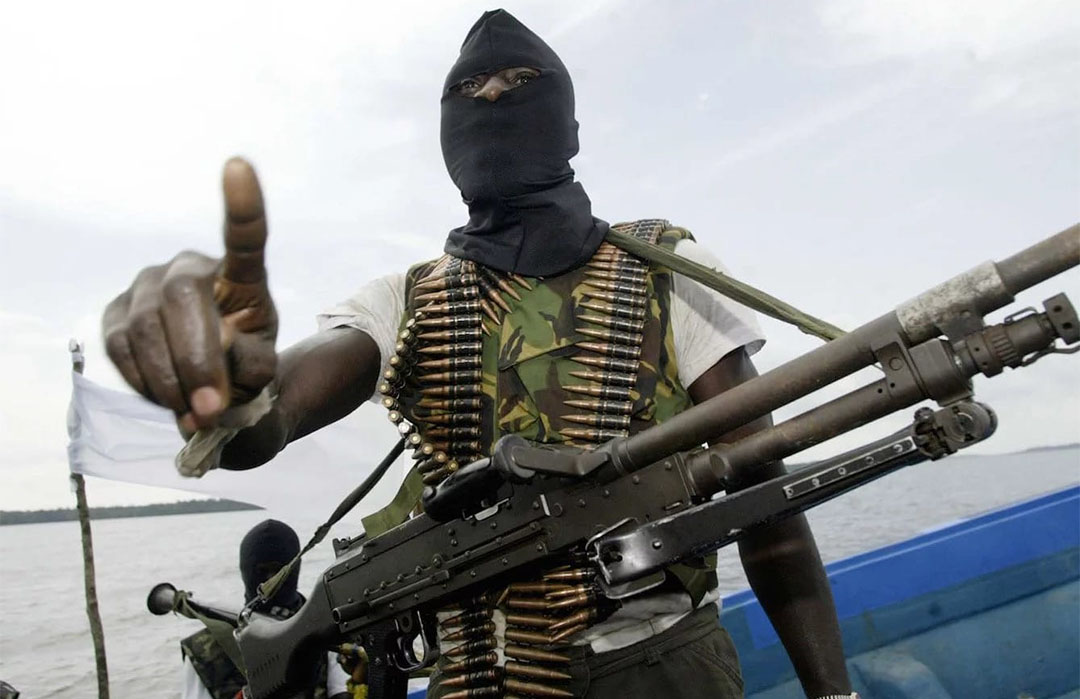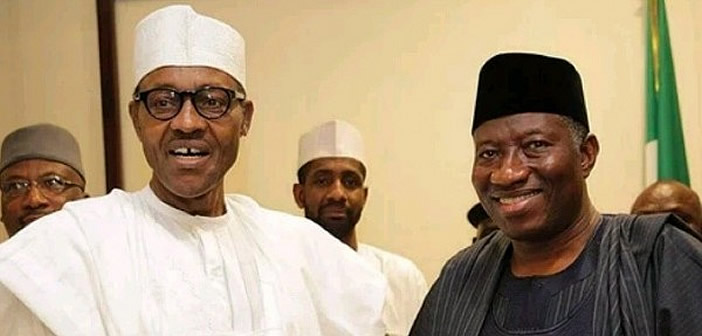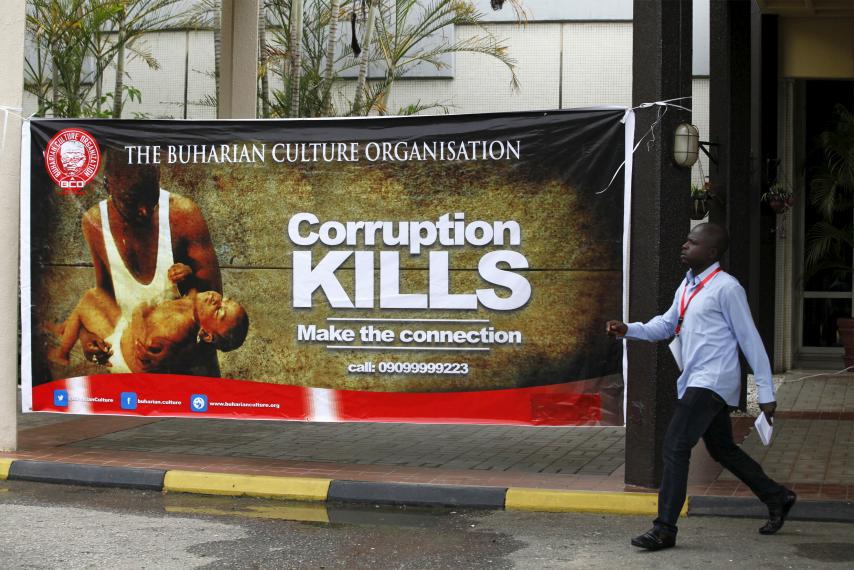
Nigeria’s government is to resume cash payments to militants in the oil-rich Niger Delta, officials have said.
The move is seen as an attempt to curb new attacks which have severely affected oil production in Nigeria.
The government stopped the payments in February, resulting in militants accusing it of breaching an amnesty deal negotiated in 2009.
The military has carried out several air strikes in the region in an attempt to destroy militant bases.
The amnesty programme’s spokesman Piriye Kiyaramo initially said the payments, which include tuition for those studying abroad, had been made on Monday, but militants contacted by the BBC said they had yet to receive the money.
Mr Kiyaramo later told the BBC that a “hiccup” meant to money would be paid by Tuesday night.
“We expect the amnesty to be paid tonight to 30,000 youths involved in the amnesty programme. The Central Bank has released the money,” he said.
Under the amnesty deal, each militant is entitled to 65,000 naira ($203; £153) a month and job training.
President Muhammadu Buhari, who came to power last year, announced plans in this year’s budget to reduce funding for the programme by 70% amid allegations of widespread corruption.
At the same time, a new militant group, the Niger Delta Avengers (NDA), stepped up attacks on oil plants and pipelines, causing a sharp fall in oil production and worsening the financial crisis in Africa’s most populous state.
Oil is the Nigerian government’s main source of income.
Critics accuse Mr Buhari, a Muslim northerner, of unfairly targeting communities in the southern, mainly Christian oil-producing regions, as part of his anti-corruption drive. He denies the allegation.
Mr Buhari’s predecessor Goodluck Jonathan comes from the Niger Delta region.
Militants say they are fighting so local people can benefit more from their region’s natural resources.
Oil spills have also resulted in environmental devastation over the years.
♦ Culled from the BBC


